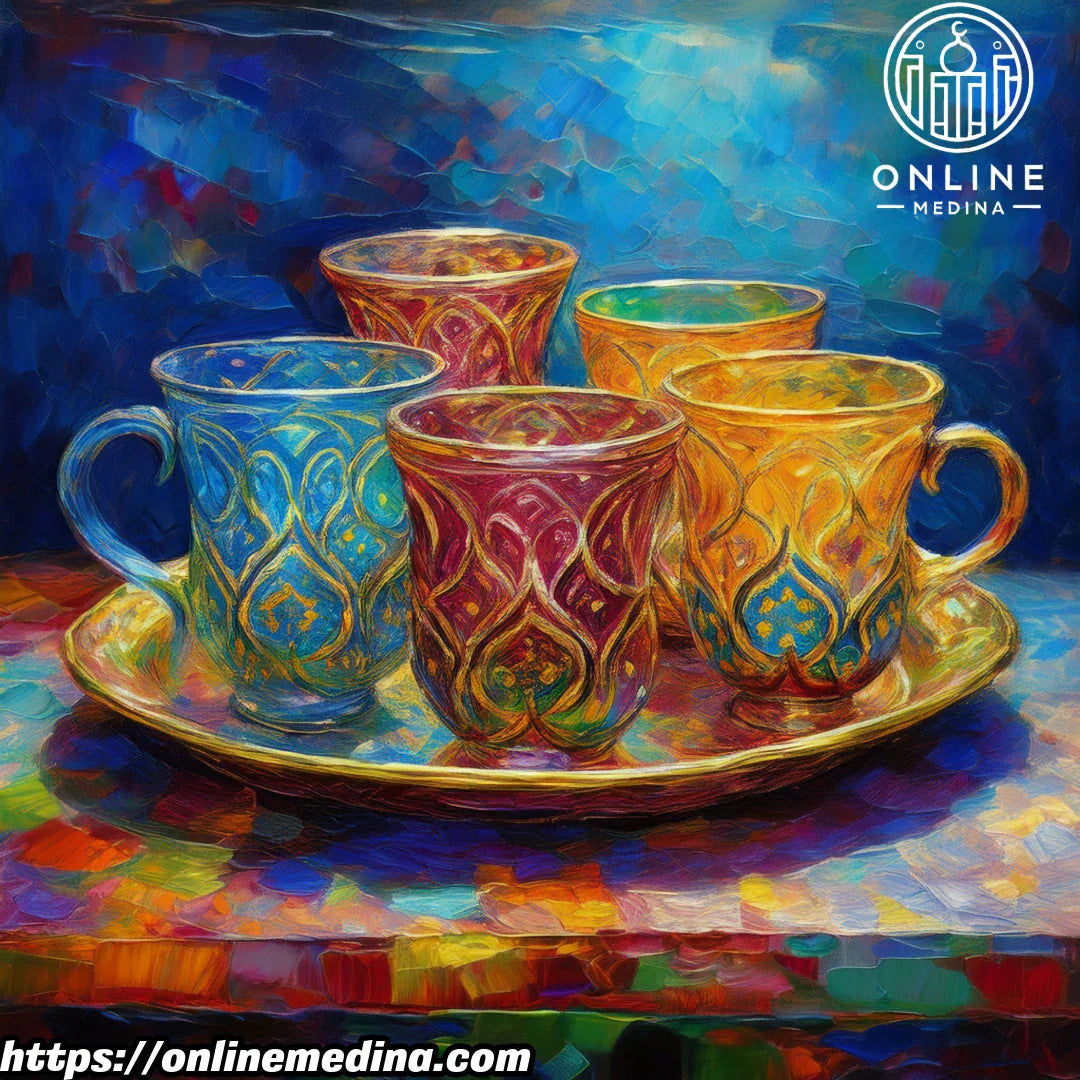
🎬 EPISODE 14: Moroccan blown glass
EPISODE 14. Glassblowing in Morocco is a legacy of ancient Mediterranean civilizations. Already mastered by the Phoenicians and Romans, the technique of glassblowing spread to North Africa through trade and Andalusian influences.
📜 An ancient art with Mediterranean roots
It is in Fez, a city known for its exceptional craftsmanship, that the art of Moroccan glassblowing has flourished. Thanks to the know-how inherited from the Almohad era (12th century), this craft has endured and evolved, despite the scarcity of traditional workshops.
Today, this artistic craft is being revived through initiatives aimed at preserving this fragile heritage, while adapting it to modern design trends.

📜 Exceptional expertise
The craft of blown glass is based on a meticulous process, requiring expertise and mastery of fire:
- Glass melting: recycled glass is heated to a temperature of 1,200°C in a clay furnace.
- Cane blowing: the artisan takes a ball of molten glass from the end of a metal tube and blows slowly to give it shape.
- Modeling and shaping: depending on the final product, tools are used to refine contours, create relief patterns or assemble different parts.
- Gradual cooling: once the piece is finished, it is placed in an annealing oven to prevent cracks due to thermal shock.

📜 Art and everyday objects
The art of Moroccan blown glass is found in the creation of objects that are both decorative and functional:
- Traditional glasses: the famous colored tea glasses, often decorated with gold or engraved patterns.
- Carafes and bottles: inspired by antique models, used to serve water or infusions.
- Lamps and pendants: colored blown glass is often combined with chiseled metal to create oriental lanterns that diffuse warm light.
- Vases and decorative pieces: from organic shapes to modern designs, these unique items bring a handcrafted touch to contemporary interiors.

📜 Glass recycling
One of the most fascinating aspects of Moroccan glassblowing is its close connection to recycling. Unlike the modern glass industry, which relies on mass production, Moroccan artisans prioritize the reuse of broken glass.
- Used glass collection: bottles, broken panels and other shards are collected and sorted.
- Recasting and transformation: these fragments are melted down to create new pieces, reducing waste and environmental impact.
- Natural hues: recycled glass offers a wide range of colors, from emerald green to azure blue, highly valued in Moroccan craftsmanship.
This eco-conscious approach gives each object a sustainable and meaningful story, in line with today’s ecological values.

📜 Blown glass in Moroccan architecture and decoration
This art form is not limited to small objects. Blown glass also enhances Moroccan architectural elements and interiors:
- Ornate windows and glasswork: used in riads and palaces, colored stained glass adorns mashrabiyas and sculpted doors.
- Suspended lights: found in medinas and luxury hotels, blown glass fixtures offer a soft, elegant glow.
- Decorative furniture and accents: artisans combine blown glass with wood or metal to create unique furniture pieces.

🎯 A craftsmanship that appeals beyond borders
With its timeless beauty and authenticity, Moroccan blown glass is increasingly sought after worldwide.
- Designer collaborations: Moroccan artisans now partner with international designers to innovate and diversify their creations.
- Export and recognition: these handcrafted items are admired for their originality and ancestral heritage.
- Workshop preservation: local and global efforts support the survival of this fragile yet valuable craft.
💡 At Online Medina, we promote this artisanal legacy by offering blown glass objects made using ancestral methods, while embracing a sustainable and ecological approach.
📌 In the next episode: The art of Moroccan saddlery revealed! Discover how leather and embroidery elevate royal saddles and ceremonial harnesses.
🔥 Beauty shaped by fire. Explore Online Medina and our blown-glass Moroccan creations.
